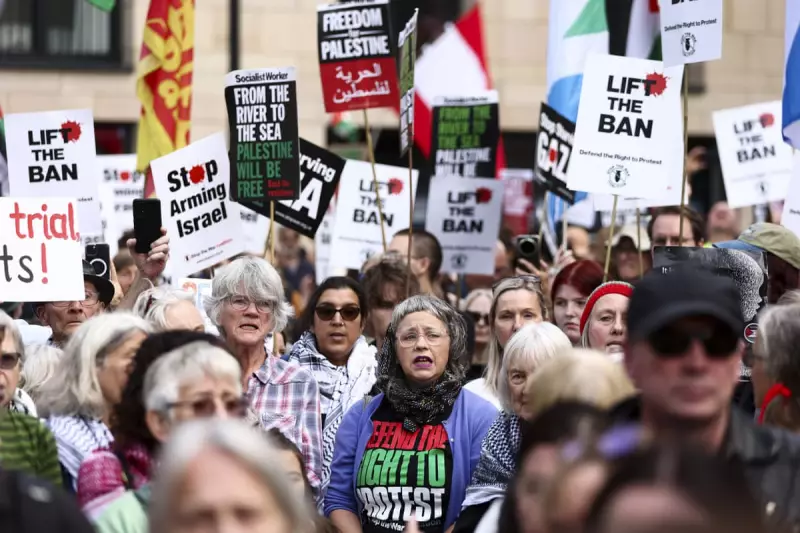
The UK government's decision to proscribe Palestine Action as a criminal organisation has handed Nigel Farage and his Reform UK party an unexpected political advantage, according to political analysts and opposition figures.
Home Secretary Suella Braverman's move to ban the protest group under terrorism legislation has created exactly the type of polarising culture war issue that plays directly into Farage's political strategy. The controversial decision allows Reform UK to position itself as the defender of free speech and protest rights against what it characterizes as an authoritarian government overreach.
Strategic Gift for Reform UK
Political commentators note that the ban comes at a particularly fortuitous time for Farage's party, which has been seeking to consolidate its support base and distinguish itself from both the Conservatives and Labour. The Palestine Action issue provides Reform UK with a clear differentiation point and an opportunity to attract voters concerned about civil liberties.
"This is essentially a political gift wrapped in blue ribbon for Farage," explained Dr. Emily Chen, political analyst at King's College London. "It allows him to campaign on multiple fronts simultaneously - defending free speech, criticising government overreach, and positioning himself as the true defender of British values."
Government's Controversial Rationale
The Home Office justified the ban by claiming Palestine Action's activities had "crossed the line from protest into criminality," citing incidents of property damage and aggressive tactics targeting defence companies with links to Israel. The group now joins organisations like Hamas and Al-Qaeda on the UK's list of proscribed organisations.
Critics of the ban, including civil liberties groups and some MPs, have questioned whether using terrorism legislation against a protest group sets a dangerous precedent for democratic dissent. The timing of the decision, just months before a likely general election, has raised eyebrows among opposition politicians.
Electal Implications
The controversy comes at a sensitive time for the Conservative government, which trails significantly in opinion polls. Some Conservative MPs have privately expressed concern that the ban might motivate single-issue protest voters to support Reform UK, potentially splitting the right-wing vote and making Labour victories more likely in marginal constituencies.
Meanwhile, Reform UK has been quick to capitalise on the situation, with Farage announcing plans to make government overreach and protection of civil liberties key campaign issues. The party's messaging now prominently features defence of protest rights, a traditional left-wing issue that Reform UK is attempting to claim as its own.
The political fallout from this decision continues to unfold, with legal challenges to the ban expected and both major parties recalibrating their strategies in response to Farage's latest political opportunity.






